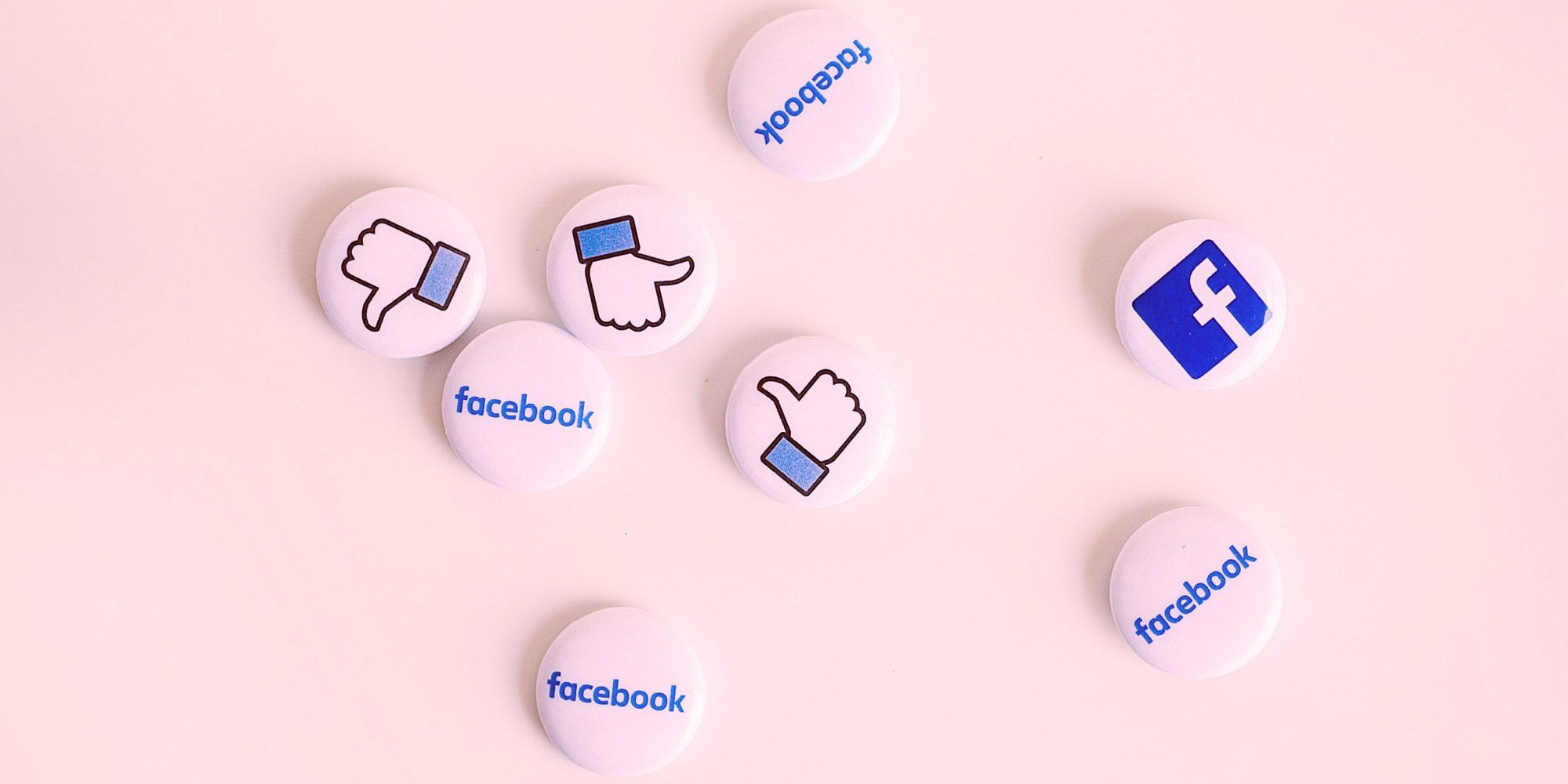Yet another leak covering internal research documents at Facebook has arrived, and this one sheds light on how the company was allegedly well-aware of the rampant stolen content problem on its platform and let it slide to avoid getting entangled into legal issues. Facebook has skirted the issue of lifted content for a while, and this lax oversight approach has also paved the way for widespread misinformation on the platform.
Just about a year ago, Facebook started to remove accounts that spread QAnon conspiracy theories and also outlined steps to curb misinformation, but experts argued that these remedial steps came too late and the damage may have already been done. Earlier this year, the company revealed work on an AI-driven system that it says could help tackle the deepfake problem by tracing the creators. But a core problem remains its reliance on automated systems and reluctance to employ more human moderators to oversee problematic content and take the necessary action in time.
As per The Wall Street Journal, Facebook Pages that shared stolen or plagiarized content accounted for a massive 40 percent of the net traffic to those public profiles. Researchers behind the problematic findings revealed that Facebook didn’t take the necessary steps to stop the spread of stolen content despite having strict policies around it, fearing that doing so will leave the company exposed to legal liability. Researchers note that the easiest sure-fire way to create a Facebook Page with a huge following is to copy and repurpose content that was originally published elsewhere. And this divisive approach actually allowed bad actors — both domestic and foreign — to seed false information and controversial content on the platform.
Facebook Let Plagiarism Flourish To Avoid Legal Heat

A recent report claimed that researchers developed a way to reduce COVID-related misinformation by roughly 40 percent, but CEO Mark Zuckerberg allegedly killed the proposal. The company’s own findings attest to the popularity of copied or recycled content, as 15 out of the top 20 best-performing posts on Facebook were either plagiarised, repurposed, or sourced from other platforms such as Twitter or Reddit at one point. Facebook’s internal research labeled the plagiarism process as “manufactured virality,” and the presence of such sensationalist content actually plays a role in pushing down legitimate content by news outlets and other reliable sources, per the internal research. And Facebook was reportedly not as proactive as rival content platforms like YouTube at handling plagiarism, because the company was allegedly wary of the Digital Millenium Copyright Act.
Employees familiar with policies around such content reportedly feel that Facebook’s plagiarism penalties are not severe enough to make a meaningful impact, because the platform prefers to choke the distribution of such content instead of removing it. The picture around plagiarised or repurposed content was no different in the case of the “Widely Viewed Content Report” report that the company — now going by the name Meta — released for the Q3 2021 period earlier this week, per The Wall Journal’s analysis. One of the researchers proposed a solution in the form of decreasing the reach of pages that post unoriginal content to gain a large following. But the proposal was reportedly “deprioritized” after being floated in a meeting with Mark Zuckerberg in attendance. Facebook whistleblower Frances Haugen recently called for Mark Zuckerberg to resign from his leadership position, suggesting that the company will be stronger under different leadership.





